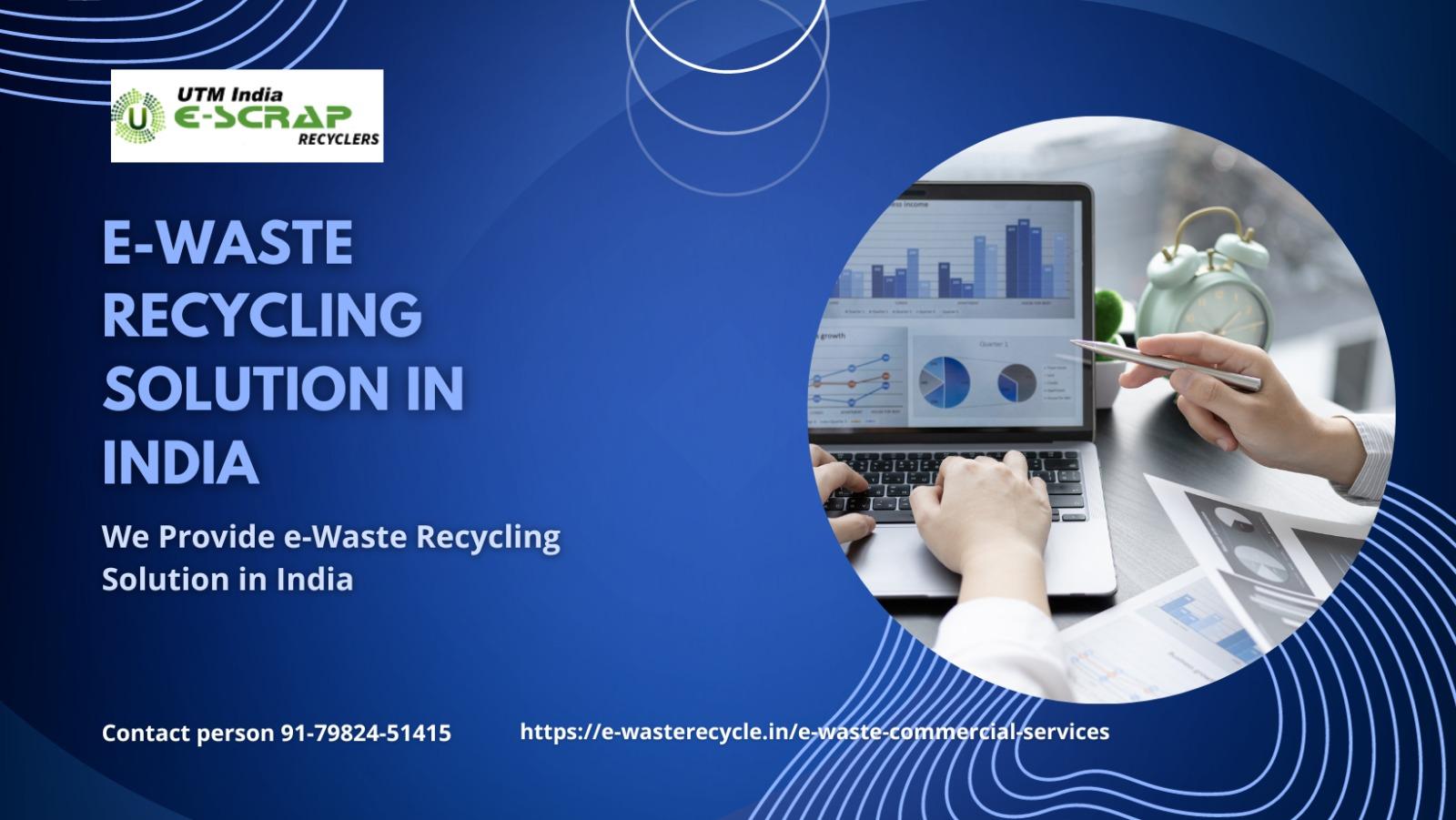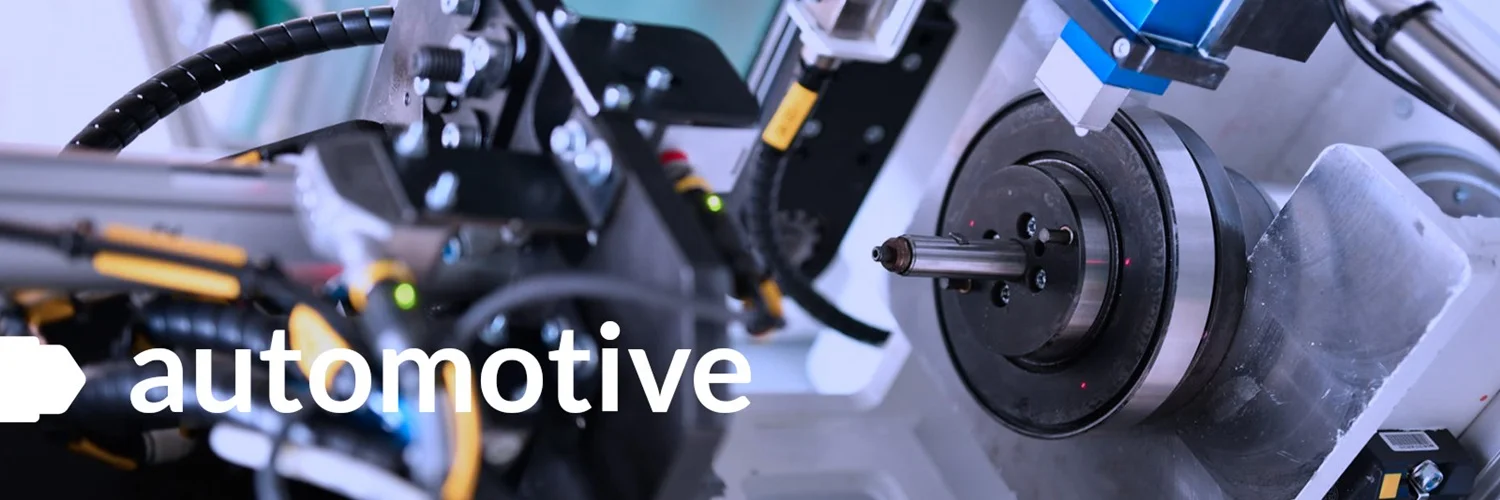In our fast-paced digital age, electronic gadgets have become an integral part of our lives. From smartphones to laptops, from refrigerators to televisions, we are surrounded by electronic devices that make our lives more convenient and enjoyable. However, with the constant upgrades and innovations in technology, these devices tend to become obsolete rather quickly. This leads to a growing problem: electronic waste, or e-waste. In India, where the adoption of technology has been rapid, the issue of e-waste has gained significant importance. To address this concern, numerous e-waste recyclers have emerged in the country. In this article, we will explore the world of e waste recyclers india, focusing on the key players, challenges, and the path towards a sustainable future.
E-Waste in India
The Growing Challenge
Electronic waste, or e-waste, refers to discarded electrical or electronic devices. These can include anything from mobile phones and computers to refrigerators and washing machines. India is the world’s fifth-largest producer of e-waste, generating an astonishing 2 million metric tons of e-waste annually, as per the Global E-Waste Monitor 2020 report. The rapid technological advancements and increasing consumer demand for electronic gadgets have led to a substantial surge in e-waste generation.
Environmental and Health Concerns
Improper disposal of e-waste can have severe environmental and health consequences. When e-waste is not managed correctly, it often ends up in landfills or is incinerated, releasing hazardous substances like lead, mercury, and cadmium into the environment. These toxic materials can contaminate soil, water, and air, posing a significant threat to both ecosystems and human health.
E-Waste Recyclers in India
A Growing Niche
Recognizing the urgency of addressing the e-waste problem, several e-waste recyclers have emerged in India. These companies specialize in the collection, dismantling, recycling, and responsible disposal of electronic waste. They play a crucial role in mitigating the environmental impact of e-waste and promoting a sustainable future.
Key Players
- Attero Recycling: Attero Recycling, based in Noida, is one of India’s leading e-waste management companies. They offer a comprehensive range of services, including e-waste collection, recycling, and data destruction. Attero Recycling has set up state-of-the-art recycling facilities to ensure safe and eco-friendly disposal of electronic waste.
- Sims Recycling Solutions: With a presence in multiple countries, including India, Sims Recycling Solutions is a global leader in e-waste recycling. They provide end-to-end recycling services for electronic devices, adhering to the highest environmental and data security standards.
- Tata Consultancy Services (TCS): TCS, one of India’s largest IT services companies, has entered the e-waste recycling sector to address the growing problem. TCS not only recycles e-waste generated within its organization but also extends its services to other businesses.
- Eco Recycling Limited: Based in Mumbai, Eco Recycling Limited is committed to responsible e-waste management. They have a robust collection network and a dedicated recycling facility that ensures environmentally friendly disposal of electronic waste.
- Karo Sambhav: Karo Sambhav is a unique producer responsibility organization (PRO) that collaborates with manufacturers, recyclers, and the government to facilitate the safe disposal of e-waste. They operate across various states in India, making it easier for consumers to recycle their electronic devices.
The Challenges Faced by E-Waste Recyclers
While e-waste recyclers in India are making significant strides towards a more sustainable future, they face several challenges:
Informal Sector: A significant portion of e-waste in India is handled by the informal sector, which often employs hazardous and unregulated methods of recycling. E-waste recyclers must work towards formalizing and improving the practices in this sector to ensure safer disposal.
Consumer Awareness: Many consumers are unaware of the environmental impact of improper e-waste disposal. E-waste recycling companies must invest in awareness campaigns and education to encourage responsible disposal.
Policy and Regulation: While India has introduced regulations governing e-waste management, their enforcement and implementation are inconsistent. E-waste recyclers need more comprehensive and uniform policies to streamline their operations.
Infrastructure and Technology: E-waste recycling requires specialized equipment and technology, and the industry needs further investment to expand and upgrade its infrastructure.
The Path Towards a Sustainable Future
E-waste recycling companies in India are aware of these challenges and are actively working to address them. Here are some key strategies and initiatives:
- Public Awareness Campaigns: E-waste recyclers are collaborating with government bodies and non-governmental organizations to educate consumers about the importance of recycling electronic waste. These campaigns aim to change consumer behavior and encourage responsible disposal.
- Collaboration with Manufacturers: Many e-waste recyclers partner with electronic device manufacturers to establish take-back programs. This allows consumers to return their old devices to the manufacturers, ensuring proper recycling and disposal.
- Responsible Recycling Practices: E-waste recyclers are continually upgrading their facilities to ensure the safe and eco-friendly disposal of electronic waste. They follow internationally recognized standards for recycling, minimizing the environmental impact.
- Data Security: With the increasing importance of data privacy, e-waste recyclers are offering certified data destruction services to prevent any data breaches during the recycling process.
- Government Support: E-waste recycling companies are advocating for stronger policy support and enforcement from the government. A more robust regulatory framework can help standardize and streamline the industry.
Conclusion
The rise of e-waste in India is a significant environmental and health concern, but it also presents an opportunity for sustainable solutions. E-waste recyclers in the country are playing a crucial role in managing and mitigating the impact of electronic waste. With their dedication to responsible recycling practices, awareness campaigns, and collaboration with manufacturers and government bodies, these companies are paving the way towards a more sustainable future. As consumers, we can also contribute by responsibly recycling our electronic devices and supporting the efforts of these e-waste recycling companies. By doing so, we can collectively reduce the environmental footprint of e-waste and work towards a cleaner, greener India.
Remember, the next time you upgrade your smartphone or replace an old laptop, consider recycling your old electronic devices through a certified e-waste recycler. Your contribution, however small, can make a significant difference in the fight against e-waste in India.






